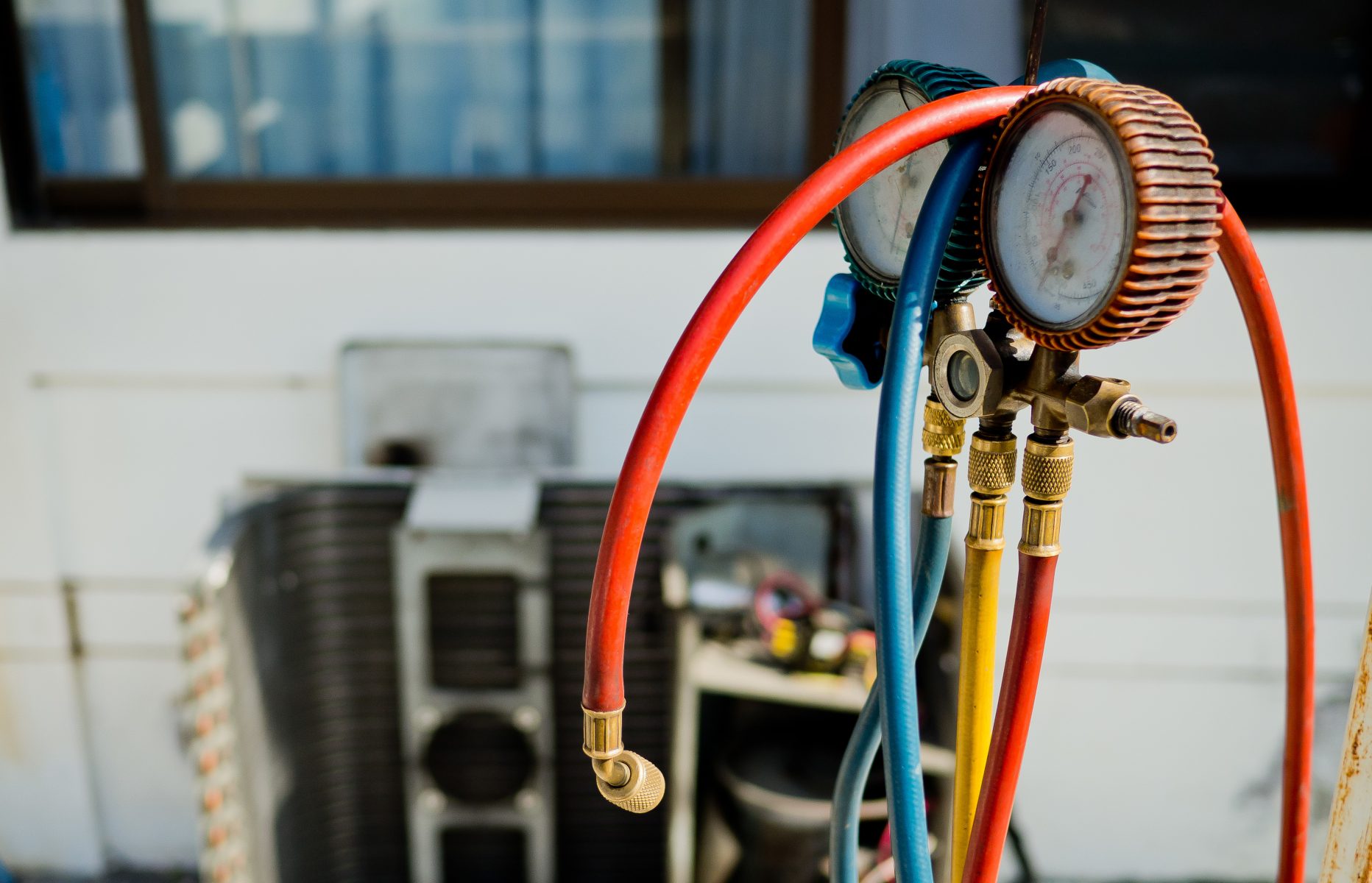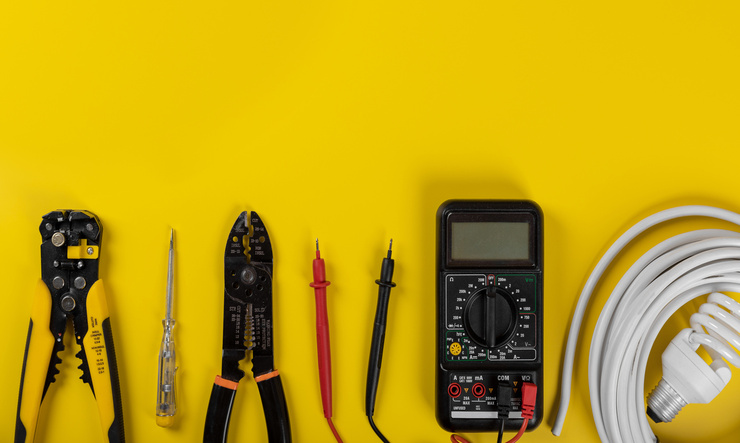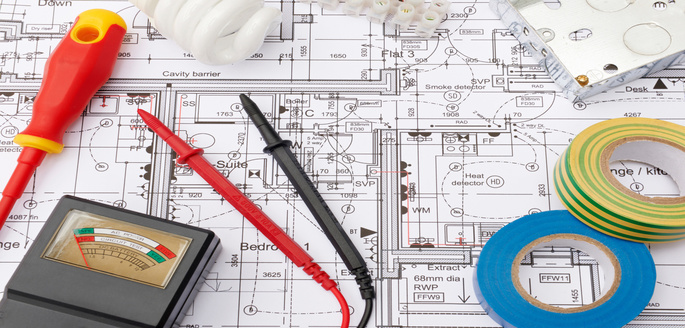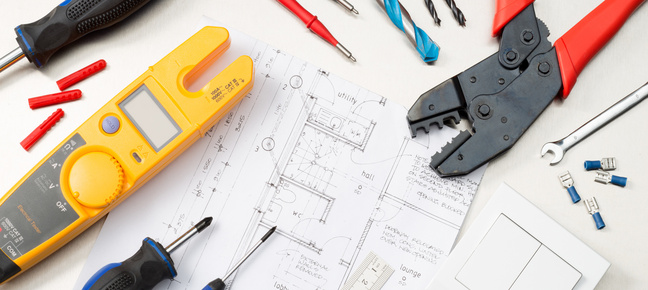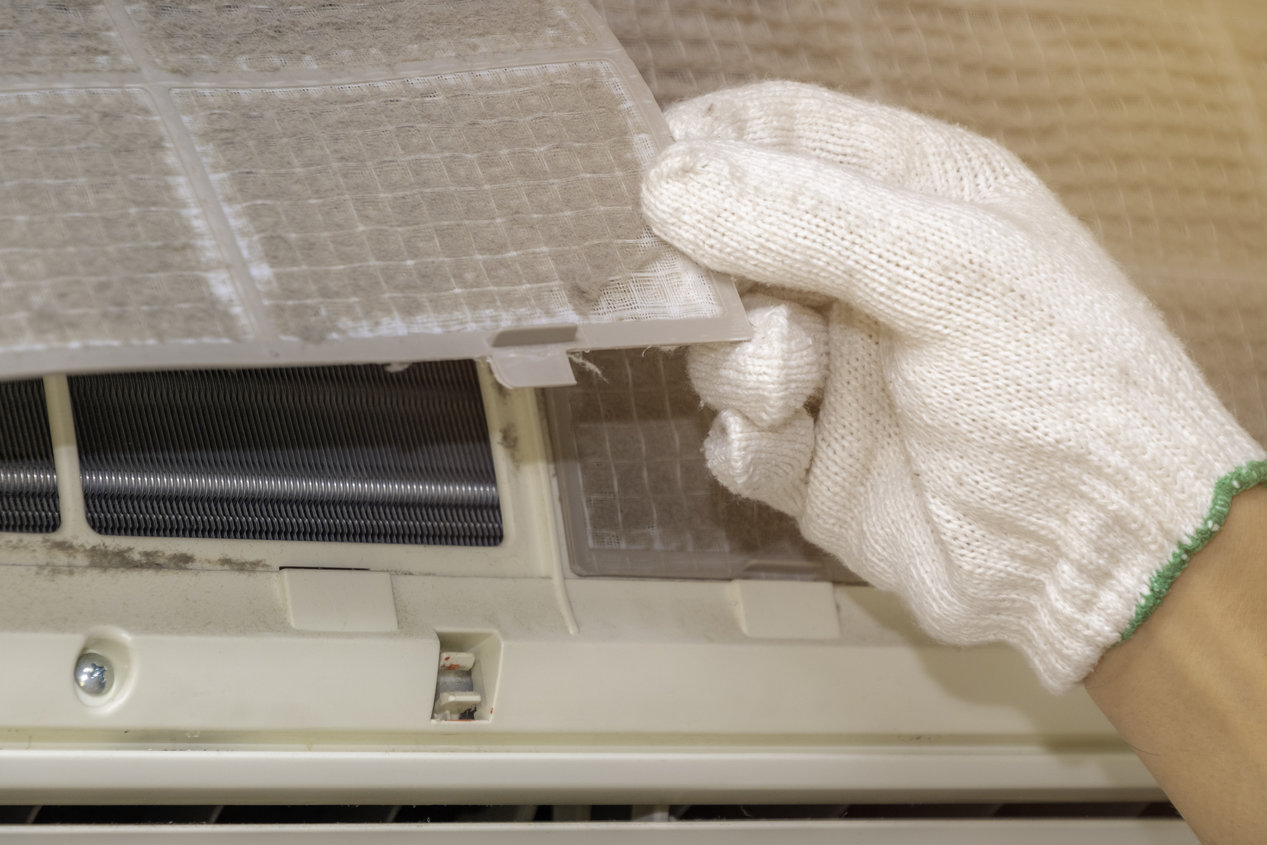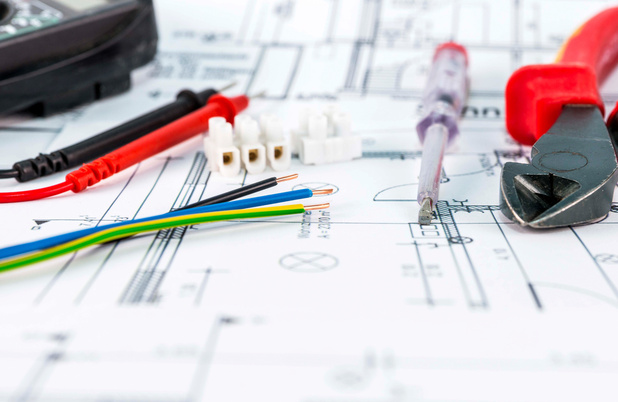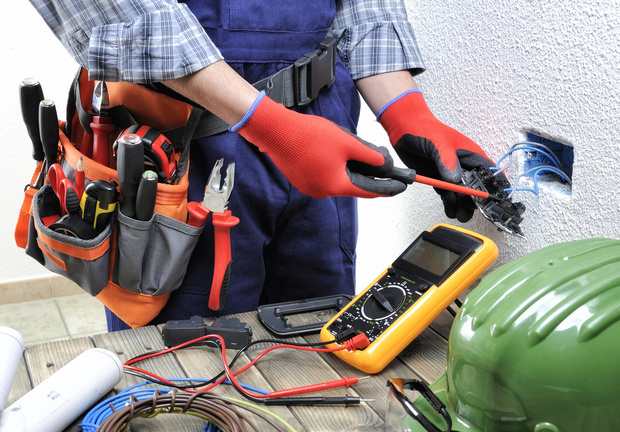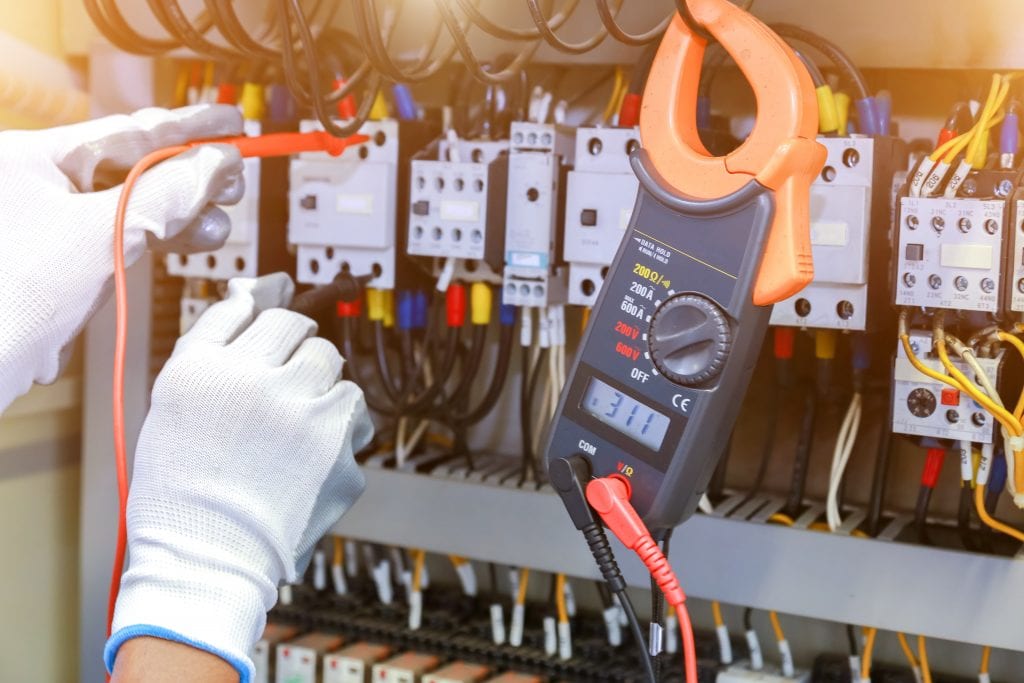Becoming an electrician is an excellent career choice. There is a demand for skilled professionals in the trade, and you can earn good wages doing electrical work. Before you enroll in an electrical training program that teaches you what you need to know to be successful in the industry, it would certainly help to have some knowledge of key terms under your belt. Many of the following terms are ones you may have learned in your high school physics class. If that’s the case, this list will serve as a refresher. If you’re learning this electrical vocabulary for the first time, it will be just as helpful. Let’s dive in.
Circuits
AC – Alternating currents, commonly referred to as AC, are currents that are always changing direction. Most circuits used by electricians today are alternating currents, as they are most common in residential and commercial buildings.
Direct currents, or DC, are currents that only flow in one direction, unlike alternating currents. These are not as common in the daily workings of electricians.
Parallel circuit – Parallel circuits feature multiple paths for currents to flow. Each path is parallel to the others and the voltage is the same for each path. A current’s strength differs depending on the resistance of each path.
Series circuit – While a parallel circuit has multiple parallel paths, a series circuit has only one path. The current is the same for all resistors within the circuit, while the voltage is dependent on the resistance.
Short circuit – Short circuits occur when the electric current cannot run the full length of the circuit. The current does not go where it is supposed to go and, as a result, excessive heat is created. The extra heat can damage the circuit’s components.
Tools and Substances

Digital multimeter – Digital multimeters take a variety of measurements, from current, voltage, resistance frequency and others related to electricity. They are essential tools to have because they eliminate the need for separate devices to take different measurements.
Ammeter – Whereas a digital multimeter can take multiple measurements, an ammeter solely measures the amperage of a circuit’s current. The measurement is taken by placing a clamp on the circuit. Multimeters are more commonly used by electricians because they can do the job of an ammeter, making a separate ammeter redundant.
Insulator – Insulators offer sturdy opposition to electrical currents; they have more ohms than conductors. They are often used to coat conductive wires and circuits both to contain the circuit and prevent electric shock. Rubber is one of the best insulators.
Conductor – A conductor is a substance that offers little resistance to electricity; conductors have far fewer ohms than insulators. Currents flow quickly through conductors. Metals are the best conductors, with copper being the most popular for electrical work due to its cost efficiency.
Units
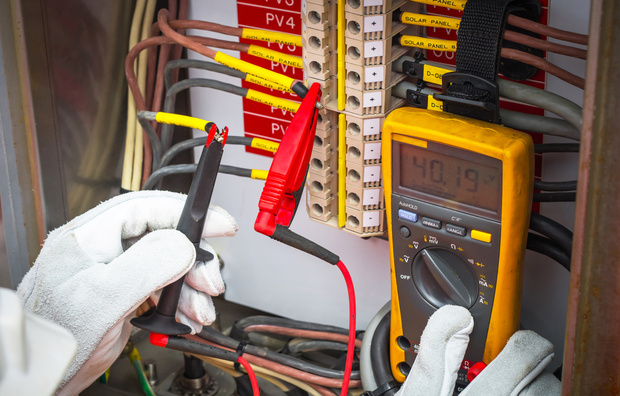
The following units are related as they pertain to the measurement of electricity and the strength of currents.
Ampere (A) – An ampere, or amp, is a unit of measurement for electrical currents. The amperage is the volume of the electricity flowing through the circuit.
Volt (V) – A volt is a measurement of force with which the current is ready to flow through a circuit. This is the force with which electrons move through the medium. It is the pressure on the electricity in the circuit.
Ohm – An ohm is a unit of resistance that the medium through which the current is passing offers against the current. Different substances resist current more than others. Conductors offer less resistance than insulators.
Watt (W) – Watts are units of electrical power over a period of time (more specifically, one joule per second). Kilowatts are also commonly used, which are 1000 Watts. W = A x V
Electrical Conduit

Hand bender – A hard bender is a tool used to manually bend electrical conduit. Conduit is metal tubing that protects electrical wiring. Conduit often needs to be bent to fit where it has to go within the frame of a building. Hard benders come in multiple sizes to accommodate different tasks.
Four bend saddle – A four bend saddle is a structure that allows conduit, and the wiring inside it, to go around square and rectangular obstacles. The four bends create a trapezoid shape up and over the obstruction. There is also a three-bend saddle that is used to maneuver around round obstacles, such as other conduits.
Now that you have a better grasp of some of common electrical terms, you can show up to your first day of your electrician training program with confidence. All that is left for you to do is find the right program. If you live in the Chicago area, there’s no better choice than Coyne College in Chicago.
Power your electric career with a Coyne education

Coyne College offers two programs for aspiring electrical workers: electrical construction and planning program and electrical construction and maintenance program. The former can be finished in as few as 78 weeks, whereas the latter takes 42 to 56 weeks to complete. Both programs will teach you the essentials of electrical work and prepare you for entry-level roles in the field.
As a student in either of Coyne College’s electrical programs, you will take classes in relevant topics such as:
- Electrical and Electronic Principles
- Electrical Test and Equipment Safety
- Electrical Construction – Residential
- Electrical Theory and Applications
You’ll learn from Coyne’s highly knowledgeable instructors in a setting that fosters your personal growth as an electrical worker. What’s more, both programs are available days and nights to help you fit your a career education into your busy schedule.
Coyne College career services department can help students with job placement, including apprenticeships. Coyne College has more than 110 years of experience in helping transform students with dreams into qualified, skilled trade professionals.
Plug yourself into a new career today. To learn more about Coyne College and its electrical programs, visit us online at Coynecollege.edu

